Dystopian worlds are decidedly unlike our own – totalitarian, dehumanizing, frightening, often futuristic. The job of their creators, then, is to imagine a hellish world and put it on paper, in writing that somehow makes its existence terrifyingly plausible. A great opening line serves as the initial, horrifying bridge between our world and an author’s dystopia – the line most vital to a dystopia’s hold, growth, and impact on the reader’s mind. Here are the some of the best opening lines in dystopian literature.
10. 1984, George Orwell
“It was a bright day in April, and the clocks were striking thirteen.”
Orwell’s seminal opening to 1984 captures everything – the oppressive, bizarre, unwelcoming, and distorted quality of “Big Brother’s” dystopian future world. Even a seemingly innocuous, sunny day in April can’t escape the reach and rigidity of the to-be-feared impending future order. Not one, but all of the clocks strike thirteen at the same time, intimating the extent to which some force, omnipotent and unknown, controls every facet of society – even time’s passage.
On “Airstrip One” – the former Great Britain – the thirteenth hour is not to be understood in military time; it is to signal a novel arrangement – at the very least, a break from the 12-hour cycles in which time was once kept in Great Britain. Without a way to compare time, how do readers measure the past? How long is a dystopian day, month, or year? Incapable of grasping time’s altered pace, readers arrive in Orwell’s dystopia utterly disoriented, confronted with the totalitarian beat of a changed world.
9. The Trial, Franz Kafka
“Someone must have slandered Josef K., for one morning, without having done anything truly wrong, he was arrested.”
In The Trial, Kafka’s opening line explores a dystopia of powerlessness, oppression, and arbitrary evil. Josef K. knows neither who has conspired against him nor why. But it’s no matter. Already, Kafka has invested in Josef a fatal helplessness, simultaneously introducing a faceless, capable, and unstoppable force – one powerful enough to have Josef arrested for no justifiable reason. Flat, devoid of affect, and ending inexorably in Josef K.’s arrest, the opening sentence reads with the cadence of a death sentence – a result from which there seems little hope for due process, redemption, or moral justice. Moreover, in Kafka’s dystopia, neither names nor time matter: someone partially unnamed and unknown is arrested.
Depersonalized, Josef K. and his half-erased identity hint at the possibility that such an arrest could happen to anyone. Likewise, time has become as vague and unpredictable as the menace itself. The arrest happened “one morning,” not on any specific date; time becomes the simple marker of when the arbitrary strikes. The ordinary and detached tone with which Kafka recounts the event forewarns readers that, in his dystopian world, nobody is safe, and that blind injustice will prevail.
8. Choke, Chuck Palahniuk
“If you’re going to read this, don’t bother. After a couple pages, you won’t want to be here. So forget it. Go away. Get out while you’re still in one piece. Save yourself.”
Choke’s opening comes off as over-wrought, to be sure. But the idea of a character enslaved within a novel’s dystopian pages, so despising of his world that he doesn’t want others to experience it, proves startling. That it’s intended specifically for the reader also renders it all the more frightening. In other dystopian works, the horrors of the imagined world seem a little unreal – somehow too distant to consider seriously.
But Choke proclaims that its dystopia’s entrance stands a mere couple sentences away – that reading on, thereby entering Palahniuk’s dystopian hell, may lead to real physical injury or death for the reader. If nothing else, the opening strives to bring a brutal dystopia to life.
7. A Clockwork Orange, Anthony Burgess
“’What’s it going to be then, eh?’
That was me, that is Alex, and my three droogs, that is Pete, Georgie and Dim, Dim being really dim, and we sat in the Korova Milkbar making up our rassoodocks what to do with the evening, a flip dark chill winter bastard though dry.”
So far removed are readers from Burgess’s sinister world that even its language – a dark, primitive, twisted dialect of English – seems foreign and dangerous. The “eh” at the end of the first sentence reads like a snarl, an animal’s sound produced only to suck warmth from what is, in fact, a waiter’s interrogative: what do Alex and his three buddies, Pete, Georgie, and Dim, want to drink? In fact, the “eh” seems to encapsulate Burgess’ entire dystopian vision – a world of cold, seemingly unnecessary brutality and aggression.
Alex, the narrator, even refers to his buddies as droogs – a word more resembling drone, drug, or mindless brute than friend. Nevertheless, the four “droogs” sit together, drinking and discussing what to do later, in a night described in a combination of terms as hauntingly violent and barbaric as any: “flip dark chill winter bastard though dry.” The apocalyptic forecast, though, isn’t enough to deter Alex and his “droogs” from going out and wreaking havoc on the frozen, unforgiving night; in all likelihood, this hellish evening is the norm in Burgess’s dystopian world.
6. The Joke, Milan Kundera
“So here I was, home again after all those years. Standing in the main square (which I had crossed countless times as a child, as a boy, as a young man), I felt no emotion whatsoever;”
While some versions of dystopia are distorted, changed versions of the real world, Kundera’s proves the opposite. It’s one in which dystopia exactly resembles the narrator’s home, but in which the soul is dead to its significance. What torture must this narrator have experienced “after all those years” for his heart not to stir upon returning to the place of his youth? What distances must this narrator have travelled, physically and emotionally?
The Joke’s opening line is one of profound coldness and eternal distance. For Kundera, dystopia, then, is the experience of an unfeeling heart upon seeing the familiar, desensitized by what must be immeasurable, prolonged horror – a life sucked dry of all its humanity.
5. The Metamorphosis, Franz Kafka
“When Gregor Samsa woke up one morning from unsettling dreams, he found himself changed in his bed into a monstrous vermin.”
Kafka’s famous opening in The Metamorphosis may prove the single most horrifying in all of dystopian literature. Kafka gives Gregor a name and a humanity before coldly explaining his transformation.
As such, what wakes up is not simply a “monstrous vermin,” but a man utterly entrapped; a man who had no part in his transformation, who merely finds himself changed one morning into a repulsive bug, one humans want to crush – a entirely passive, agency-less metamorphosis. Moreover, Gregor finds no relief from waking from his nightmares. In fact, waking seems to prolong them forever – a dystopia in which Gregor never escapes his nightmares, whether asleep or awake.
4. A Handmaid’s Tale, Margaret Atwood
“We slept in what had once been the gymnasium.”
Atwood’s opening implies at once a great distance from the past, and a still tenuous attachment to it. The narrator’s dystopian world holds reminders of a prior life – it’s not a gymnasium but the gymnasium, intimating its personal resonance with the narrator. And yet, life as it was no longer exists. Were it still a gymnasium, the opening line might ring of an adventure. But the gym is not used as a gym anymore; it appears to be a refugee camp.
The opening also conveys mass displacement. The narrator and whomever else he or she includes when saying “we,” no longer sleep in their homes. Given the unpleasantry of sleeping in a gymnasium, one can presume Atwood’s narrator was compelled to leave home, implying grave danger and foreign, nefarious forces at play. A world menacing, inextricably changed, and dotted with marks of a better, former life makes for a dystopia all the more tragic; the past seems to cling to the narrator’s mind, but unknown horrors stand in the way of any return.
3. The Giver, Lois Lowry
“It was almost December, and Jonas was beginning to be frightened.”
Lowry’s enigmatic opening portends a rising, impending threat. Winter, and the gloomy, dangerous mysteries it withholds are fast approaching. The darkest part of Lowry’s opening is that Jonas knows what’s coming – something huge and horrible, of course – yet stands helpless in it wake.
That the threat arrives annually only further indicates its power; each year, it wreaks havoc on Jonas’s world but remains invincible, only to return once again. There seems to be no hope of overcoming the darkness or escaping its grasp; enduring it, if possible, is the only option. Doom will soon arrive in Lowry’s dystopian world; Jonas is as sure of it as he is powerless.
2. Neuromancer, William Gibson
“The sky above the port was the color of television, tuned to a dead channel.”
Not clouds, not rain – but a vast, gray, consuming nothingness. That Gibson’s dystopian sky is the color of television static implies disconnection from the world as we know it. TVs showing static are broken, or on the incorrect input or setting; regardless, static implies that something has gone wrong. Gibson’s world is thus off-kilter, with a sky ominous and unwelcomingly endless.
What’s more, the act of tuning seems active, implying that someone, or something, might be in control; that whomever, or whatever is in control, is deliberately ridding Gibson’s world of, at the very least, the colors of life – purposely failing to tune the TV to the “living” channels.” Vested with immeasurable power and depravity, the controllers of Gibson’s dystopia, then, from the first sentence, appear omnipotent, evil, and unrelenting.
1. Fahrenheit 451, Ray Bradbury
“It was a pleasure to burn.”
Ray Bradbury’s shocking, sadistic, and even vaguely sexual opening line touches on something more vital than the atmosphere, appearance, or mere description of a dystopia; it gets at what it’s like to experience pleasure in an altered world, how it feels to exist. Pleasure is the basest, most carnal sensation one can experience – if even this is changed into a maddened, sinister sensation, to what extent has this world been perverted?
The opening leaves much more to be answered, as well. Is the narrator burning? Is someone or something else burning? Readers soon learn that the opening refers to books being burned by dystopian firemen – 451 degrees fahrenheit being the temperature at which books burn. Nevertheless, six words in, readers are violently thrust into the narrator’s warped mind, one rewired to enjoy a distorted world where pain becomes pleasure.

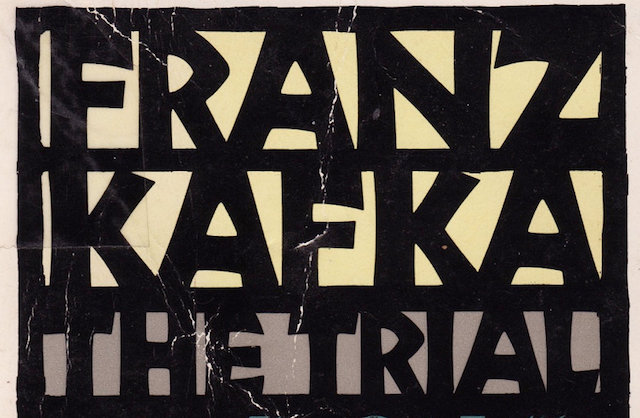

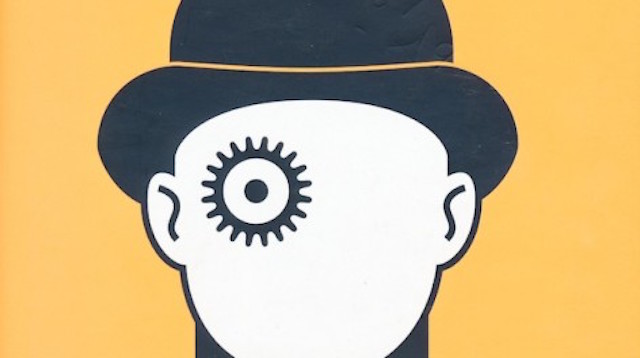
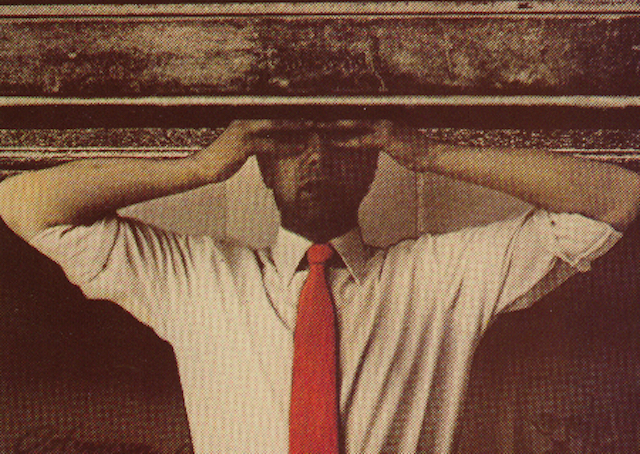
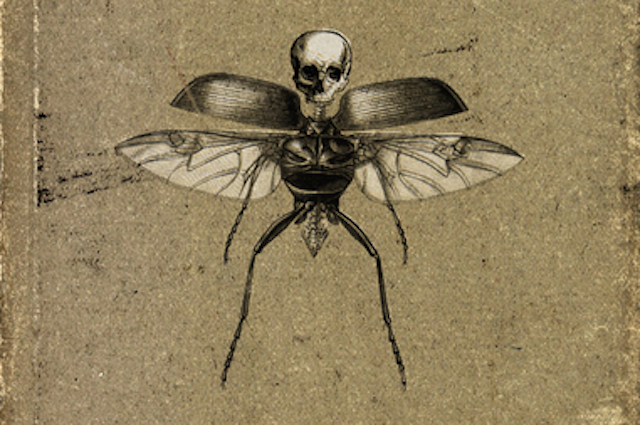

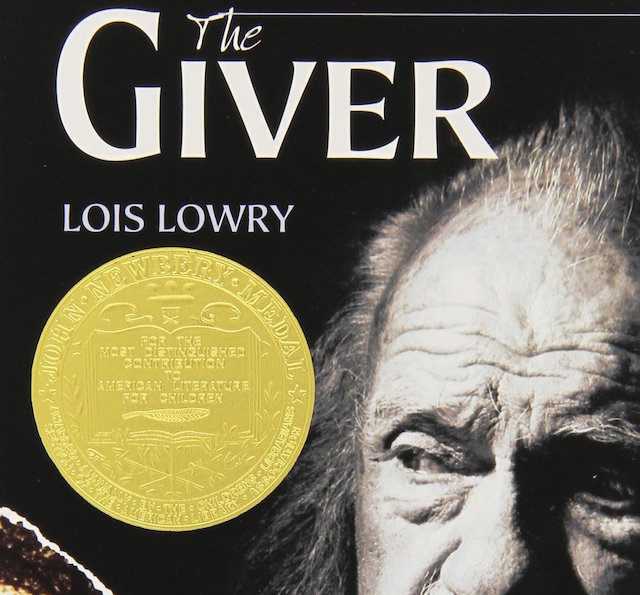
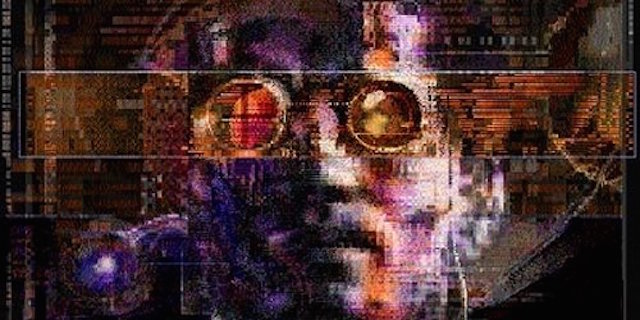

3 Comments
What about Stephen King’s “The Ginslinger”?:
“The man in black fled across the desert, and the gunslinger followed”
It’s worth noting that Alex’ language in A Clockwork Orange isn’t just a random, confusing mix of words – it’s actually based on a blend of Russian and English (especially Cockney and Elizabethan English). This removes the events of the story even further away from our comfort zones, especially given that, at the time the book was written, Russian was the language of the enemies of the west: the Soviet Union. This additional socio-political element implies a great deal more about Alex, his background, and his nature.
As always, great commentary.